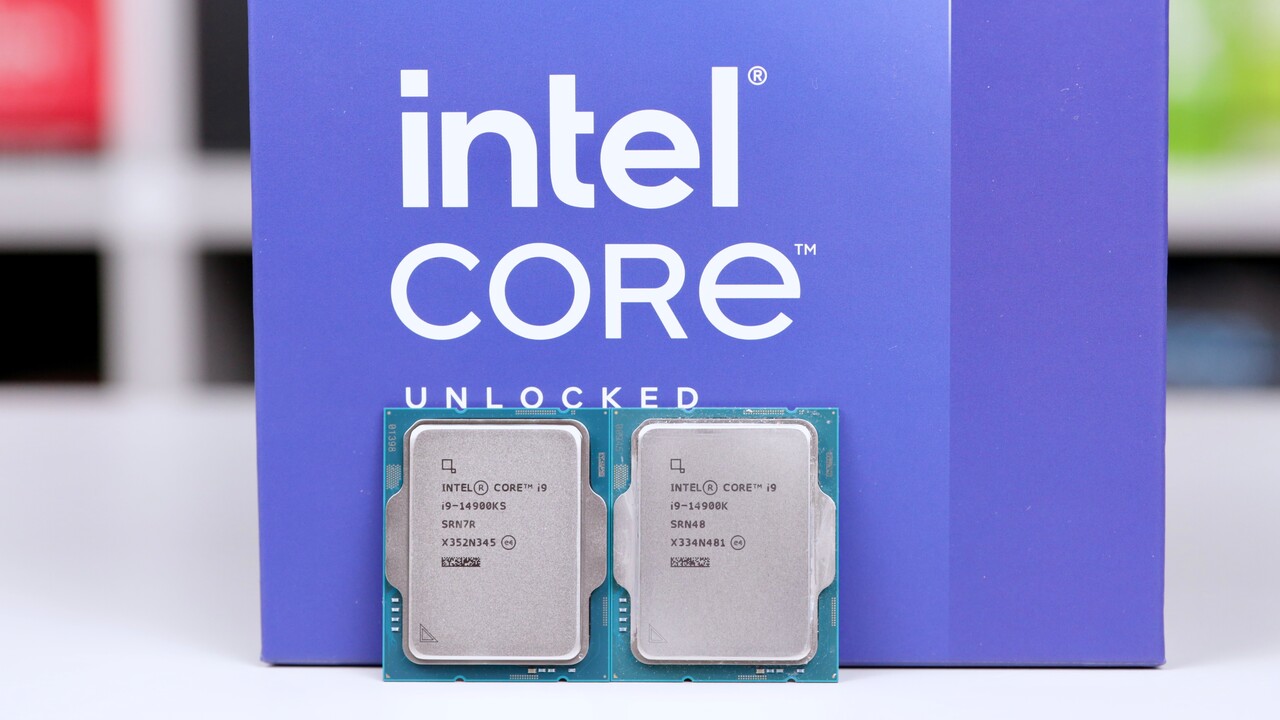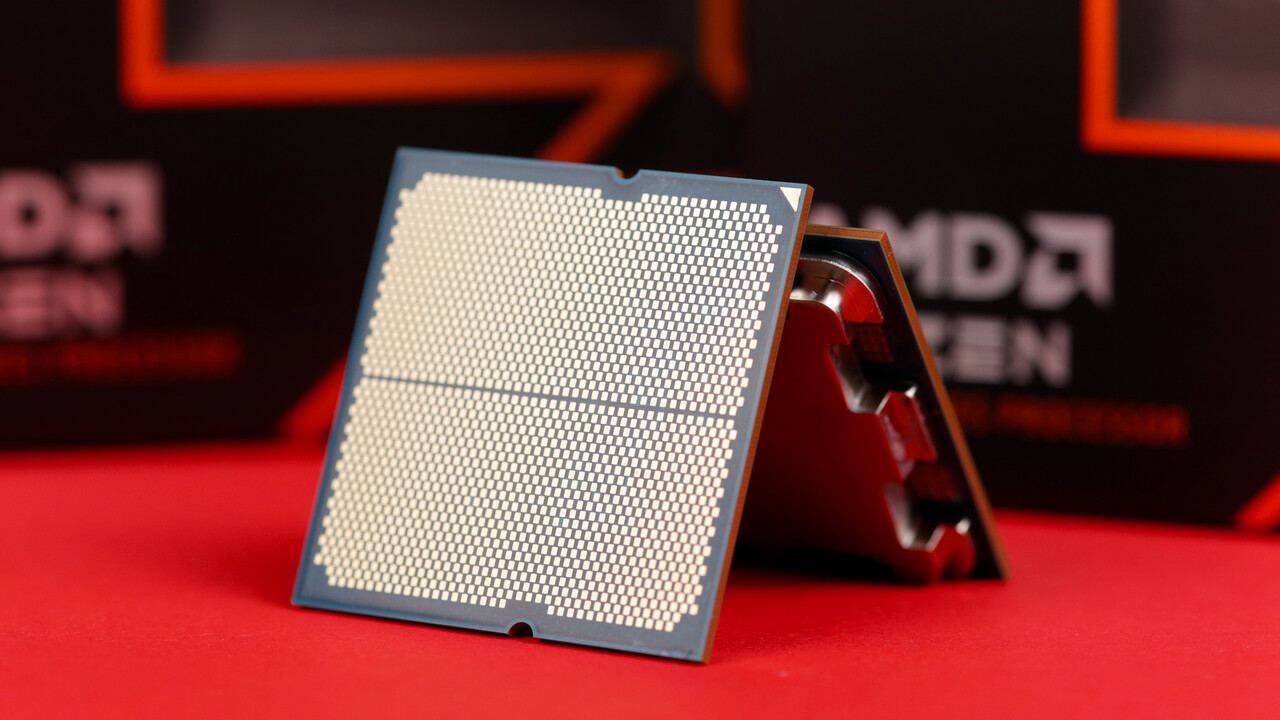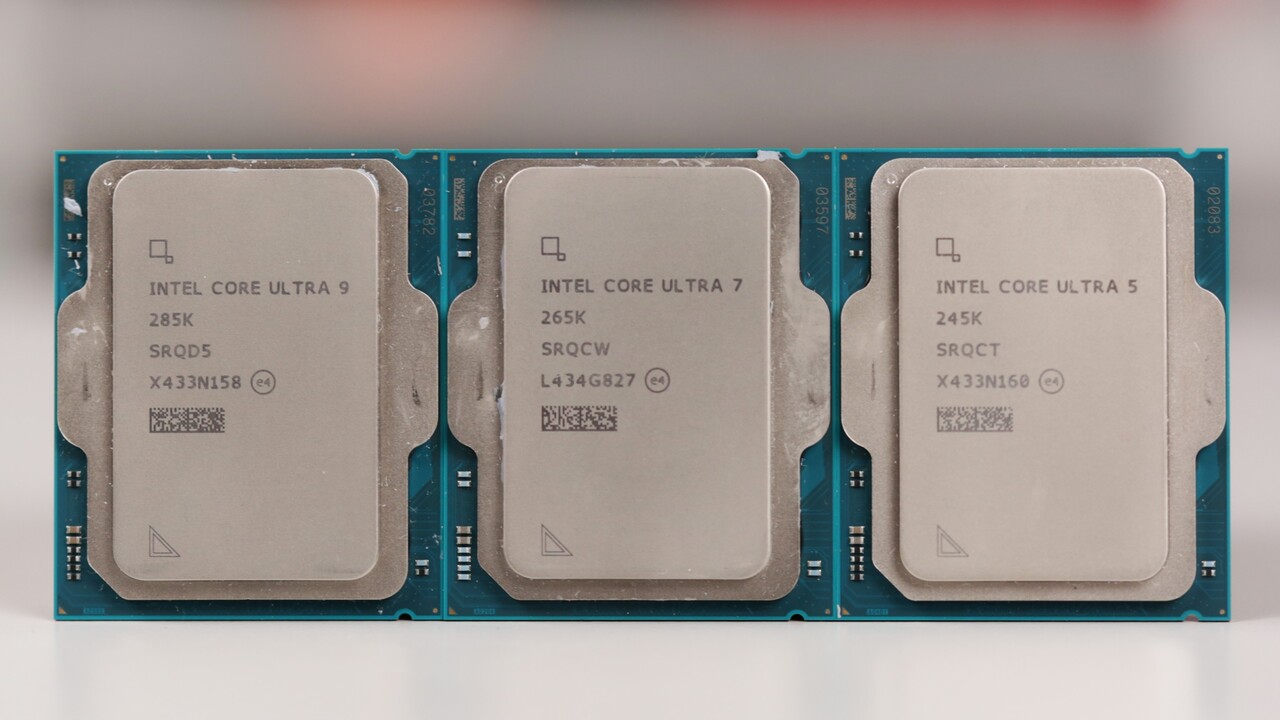Intel Raptor Lake: class action lawsuit filed regarding central processor instability 305 comments

2024 has not been a good year for Intel. Before the launch of the disappointing Core Ultra 200S ( review ) processors in October, the chip giant was the center of attention mainly due to quality issues with its predecessors. An affected buyer has now filed a class-action lawsuit in federal court in San Jose. More customers can join us.
Unstable Intel Core Processors: A Review
Already at the beginning of 2023, reports of stability issues with Raptor Lake generation processors (13th generation Intel Core) were circulating in various online communities. In February of this year, Intel officially began getting to the bottom of the problem. What followed was a months-long odyssey of attempted explanations and sometimes confusing solutions.
After initially seeking to get back at card makers and their sometimes dramatically increased power profiles as standard, Intel in July identified excessive voltage resulting from a faulty algorithm in the processor as the cause and promised to address it. remedied via a microcode patch.
However, almost at the same time it was also announced that the already affected processors were irreversibly physically damaged and could no longer be saved by the update. As a result, Intel extended the warranty for the corresponding processors by two years, but was not always able to provide replacements to affected customers.
It was only at the end of September that the cause of the rapid aging of the processors and their resulting instability was finally clarified. The fault lies in a vulnerable circuit in the processor cores, which cannot withstand the present voltage and is therefore sooner or later damaged if the load is too high.
Class Action Lawsuit Filed in U.S. Federal Court in California
As Tom’s Hardware now reports, an affected buyer of a Raptor Lake processor has now filed a lawsuit in a US federal court in San Jose, California. The local court has jurisdiction because Intel’s headquarters in Santa Clara falls within its jurisdiction.
The plaintiff, who himself lives in New York State, purchased an Intel Core i7-13700K in January 2023, which often led to problems in the form of black screens or unexpected system reboots. The complainant installed the microcode patch for the processor provided by Intel this summer, but this did not improve the situation. The disaster declaration states:
After purchasing the product, the plaintiff discovered that the processor was defective, unstable, and frequently failed. The processor was causing issues with his computer, including random black screens and random computer restarts. These issues were not resolved even when he attempted to install a patch released by Intel for its 13th generation processors.
As a result, he did not get what he paid for. If the plaintiff had known the truth about the product, he would not have purchased it or would have paid less for it.
The plaintiff argues that due to reports of instability and high failure rates and numerous warranty cases, Intel must have known by late 2022, or at the latest early 2023, that the 13th and 14th generation processors had this issue. On the other hand, there was Intel’s marketing material, which continued to tout the processors’ performance. That would have deceived him.
He is now seeking damages from Intel. Since the issue potentially affects all 13th and 14th generation processors, the lawsuit is being filed as a class action suit that all customers of such a processor in the United States can join. If the court rules in favor of the plaintiff, American buyers who are not involved in the process can also assert possible claims for damages against Intel.
Additional load possible for struggling Intel
With millions of processors being sold in the U.S. alone, the struggling chip giant could face hefty additional financial burdens. After several consecutive difficult quarters, Intel had to embark on a path of severe austerity, which resulted in massive employee layoffs.
Planned investments were also canceled or postponed. The start of construction of the chip factories in Magdeburg and Breslau, Poland, was initially halted. Intel currently plans to resume these construction projects in approximately two years and reposition its foundry business.
But recently, the company’s shares have risen again. Despite this year’s record losses, investors undoubtedly view Intel as a company with potential for the future, including in manufacturing. All hopes currently rest on the upcoming Intel 18A manufacturing process.
Topics: Intel Intel Raptor Lake Processors Source: Tom’s Hardware

Marc deciphers processors by testing their performance for gaming, content creation, and artificial intelligence.


